Does My Cat Love Me?

Cats are a mystery. What they think, how they feel, why they do things… as humans, we always seem to be slightly at a loss when it comes to figuring them out. Most of the time, that doesn’t bother us. We’re happy with the amount of time they give us, and we just end up rolling our eyes at many of their other shenanigans.
However, when it comes to how our cats feel about us, many people often wonder… does my cat love me? While we don’t have a cat ambassador that we can speak to for clarification, we have the next best thing. Animal behaviorists, and specifically those researching feline behavior, have been looking at these questions and more. We’ll share what they’ve learned, and find an answer to whether our cats actually love us.
Cats vs. Dogs
No one would disagree that there seem to be personality differences between people who call themselves a “cat person” and those who are self-reported “dog people.” Dog people are seen as more outgoing and friendly, while cat people are viewed as less sociable and emotional.
When it comes to research on animals and their experience with emotions, cats also find themselves victim to their “cold” reputations. Dogs are normally seen as loving, friendly creatures who show their emotions and form close bonds with humans. Cats, on the other hand, get the unfair reputation of being aloof and uncaring. There are even jokes about how cats own the home, and just let us live there, like some sort of queen or emperor.
While the majority of cats don’t show the level of emotion and connection as dogs do, it's a common misconception that that means they don’t feel them. However, just like dogs, cats have the same brain structures necessary to create the chemicals (specifically oxytocin, also known as the love hormone) and pathways necessary to feeling emotion. So a lot of what people assume is scientific fact about cats having less emotions than dogs is actually just slander.
Cats Can Pick Up On Our Emotions?
If you’ve had a cat that seemed to always know what you’re thinking or feeling, there’s good news! That behavior has actually been verified by scientific research.
Although it wasn’t a large study, researchers Moriah Galvan and Jennifer Vonk from Oakland University (located in Rochester, Michigan) found that cats will behave differently depending on their owner’s physical expression of emotion.
When their owner was smiling, their cat was much more likely to seek them out and show them “positive” behaviors like sitting in their lab, purring, and rubbing on them. They were much less likely to do this if their owner was frowning.
In addition, when the study was repeated with strangers instead of their owners, cats did not show the same behaviors. The results of the study showed two things - our cats are definitely able to read our facial expressions, and that they develop the ability to do that over time. They may look chill, but they really are paying attention to us.
They also use this information to manipulate us, as well. Once they learn what can get them fed or get us to come into the room when they want something, they continue to do that. Cats are so much smarter than we give them credit for. But does that mean they love us?
The Human-Cat Bond
Although cats are solitary hunters, they are still pack animals who enjoy socializing at heart. The bond that we have with our cats is real, on a biological and evolutionary level. This bond was confirmed by a study performed in 2007.
In this study, cats were subjected to three different situations - time spent in a room alone, with their owner, and with a stranger. The results showed not only a clear preference for their owners (most cats didn’t even interact with the stranger and those that did did not show any bonding behaviors like head bunting), it also showed that many had anxiety when being in a strange place without their owners.
When spending time in that same room with their owners, they were much more confident exploring the area. So not only do they have a strong bond with us, that bond makes them feel safe and secure as well. While they can’t say that with words, they show us with their behavior. This plays strongly into how we can figure out whether or not they truly do love us.
Interestingly enough, there are some animal behaviorists out there that believe that they may not even recognize that we’re “human.” Their affectionate behaviors toward us suggest that they actually view us as larger, probably weird smelling cats.
So, Does My Cat Love Me?
Ok, let’s get down to the real question and the reason why we’re here… does your cat love you?
While we can only assume that they do based on the little scientific research that is out there, we definitely think it is safe to say that yes, they do. This is even more obvious when we look at their behaviors and how they change around us. Let’s evaluate a few.
- Purring - While purring can sometimes mean that the cat is distressed or in pain, when looked at in context, purring is generally a sign of love and affection for you. This is especially true if they are doing it while sitting on your lap or when you reach down to give them a quick scratch.
- Sitting by you - A cat who loves you will seek you out just so that they can sit by you. Although some people may get offended by them turning their back when they lay there, that is actually a compliment. Cats put their backs to things they don’t need to worry about so that they can keep an eye out for things that may mean them harm.
- Sitting on your lap - If your cat chooses to be even closer to you than just sitting by you, it’s another indication that they really do love you. While it can be annoying to have them just crawl onto your lap when you’re trying to do something (yes, they do this on purpose), the fact that they love you so much that they want to sit on your lap is a huge compliment.
- Giving you their belly - Don’t be fooled. Showing you their belly doesn’t mean they want you to pet it, although many cat owners have fallen into that trap. However, showing you one of their most vulnerable body parts is a big part of trust, and we all know that trust is an essential component of love.
- Grooming you - Although it’s not the most comfortable feeling, when your cat wants to groom you, it shows you that they have accepted you as family. Most cat owners know that this grooming can be fleeting, though, as it can just as easily turn to nips and bites over time.
While there isn’t conclusive evidence that our cats love us (yet!), there is research that points very strongly to the fact that they absolutely do. We can also read and interpret their behavior to see that they feel, at the very least, strong affection and bonding toward us. Our cats are both our friends and our family, so it’s good to have a little science to back up what we’ve known all along… our cats love us as much as we love them (even if they express it differently).
Sources:
http://www.bbc.com/earth/story/20151015-your-cat-can-pick-up-on-how-you-are-feeling
https://blogs.scientificamerican.com/not-bad-science/what-we-understand-about-cats-and-what-they-understand-about-us/
https://www.nationalgeographic.com/news/2014/1/140127-cats-pets-animals-nation-dogs-people-science/
https://www.petfinder.com/cats/cat-behavior-and-training/5-ways-we-know-cats-feel-love/





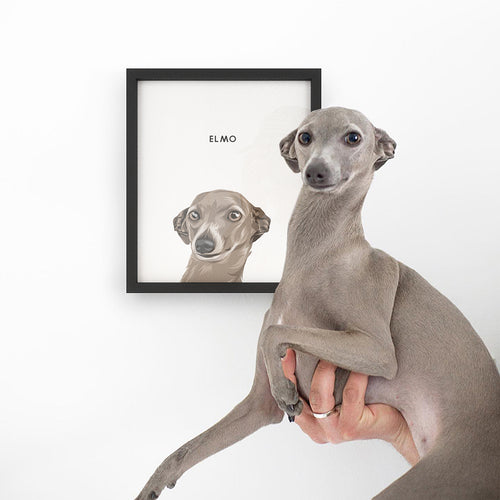

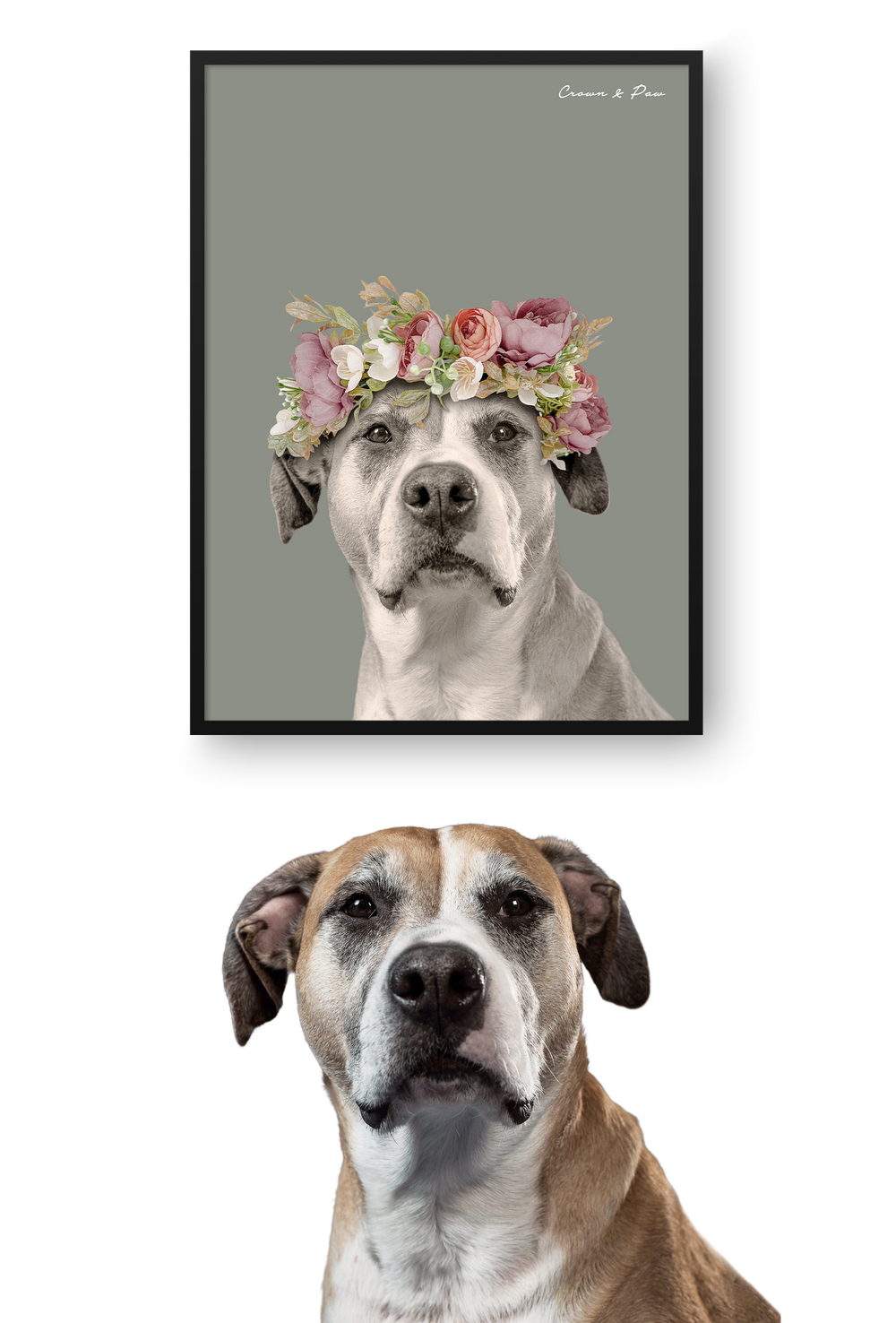
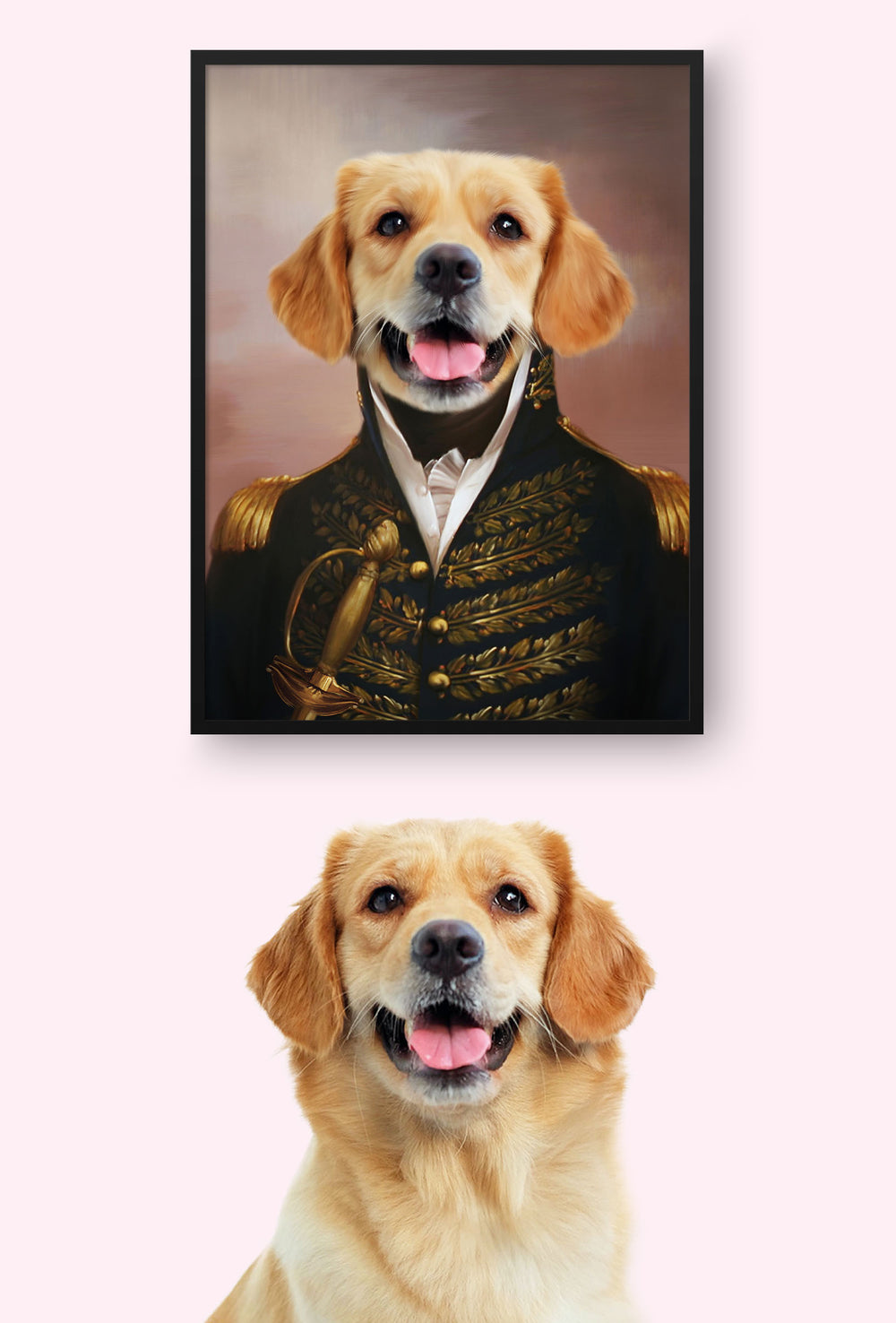

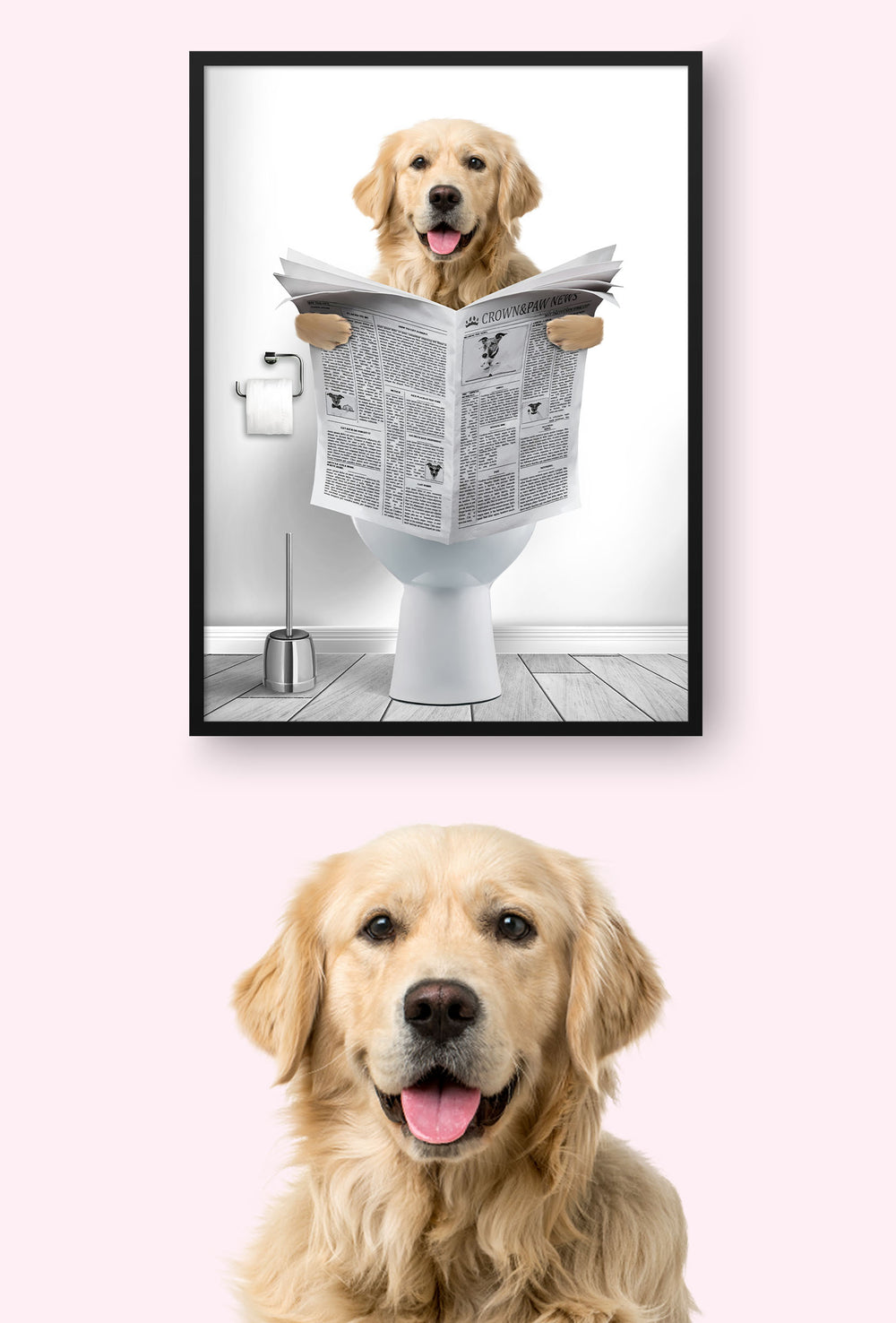
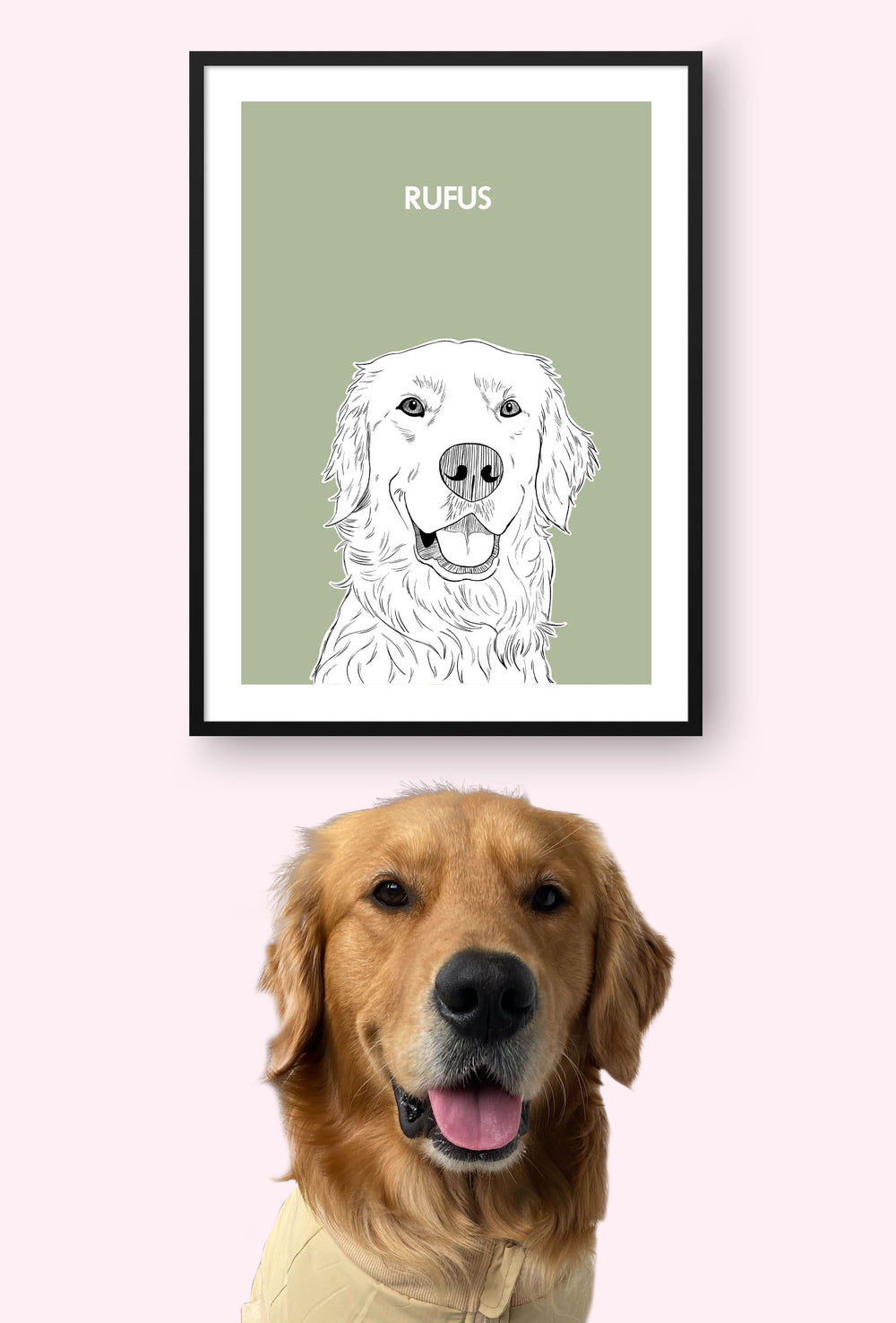
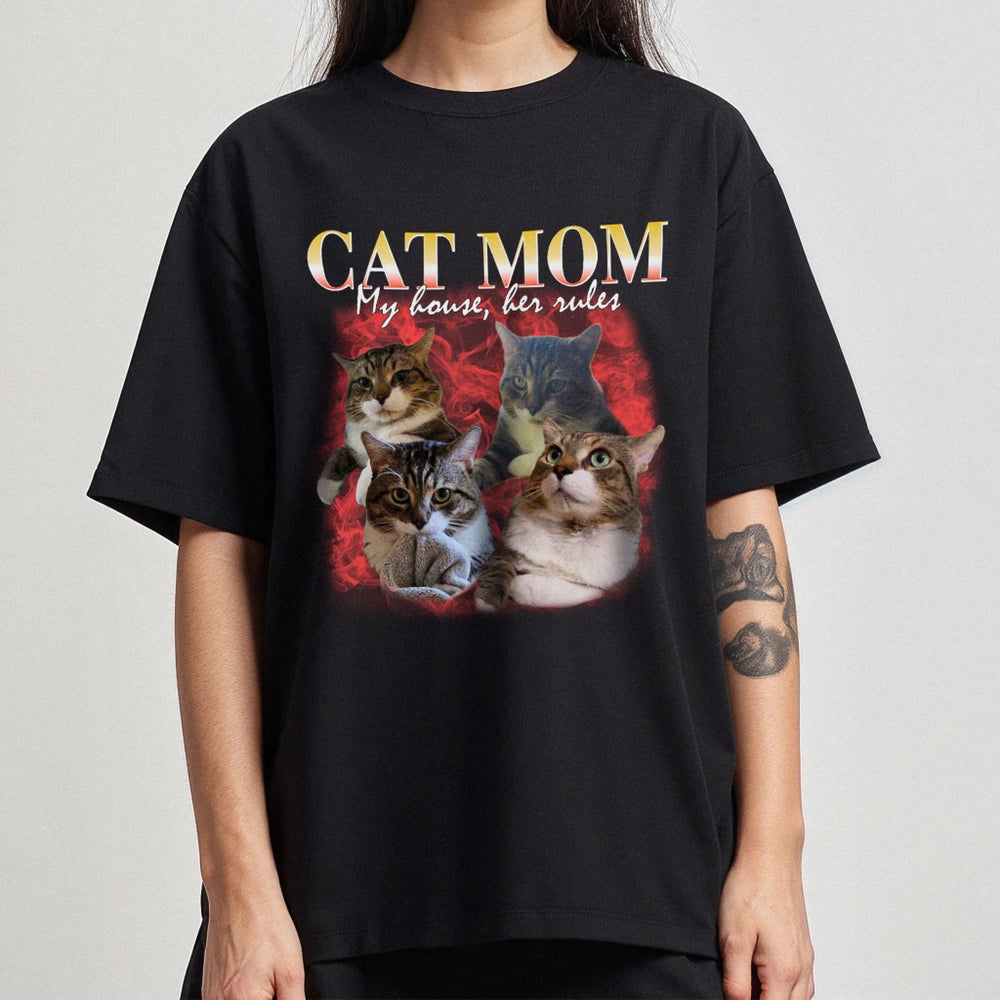

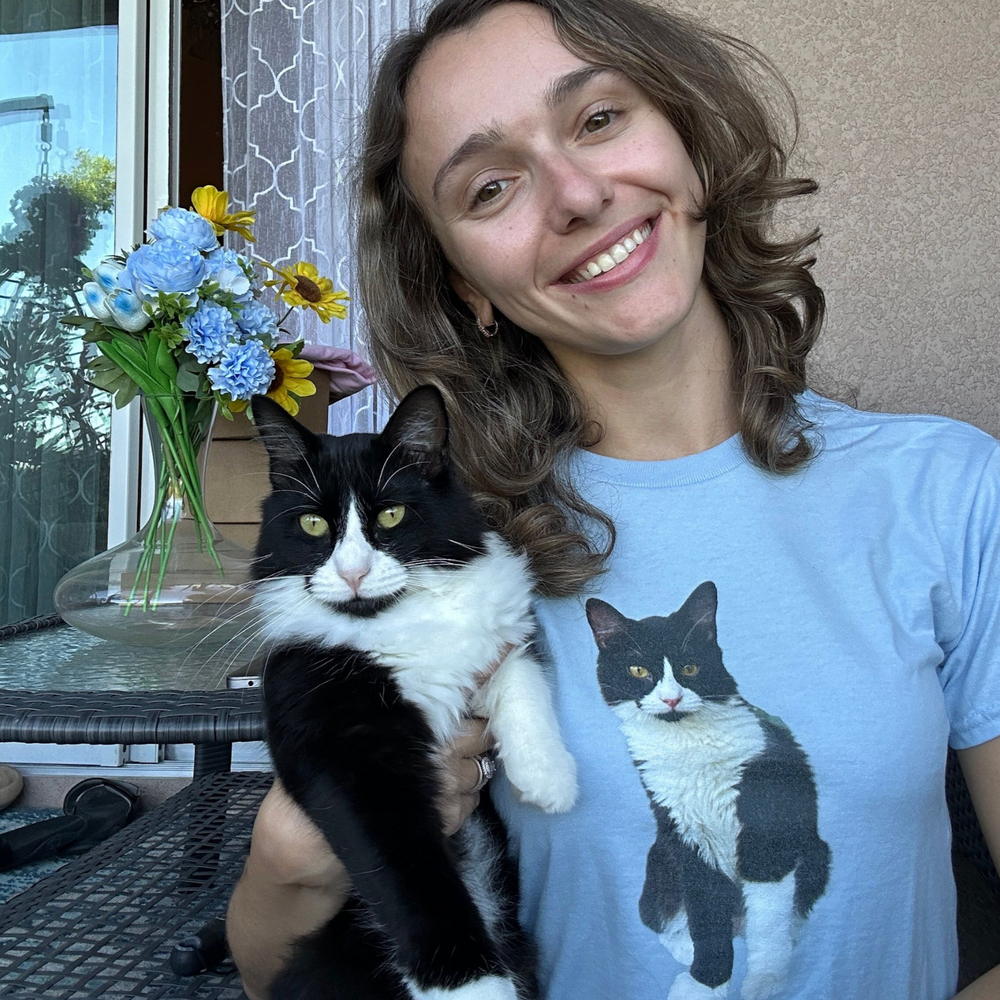
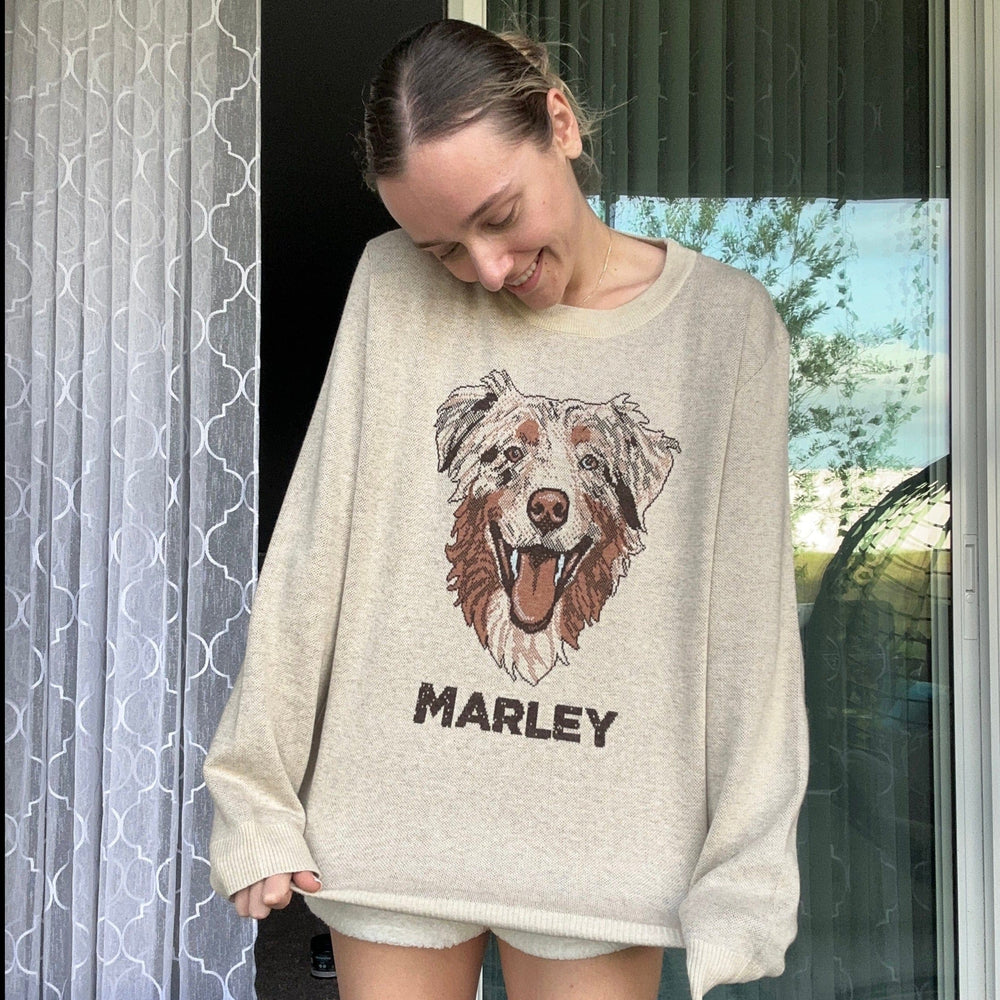
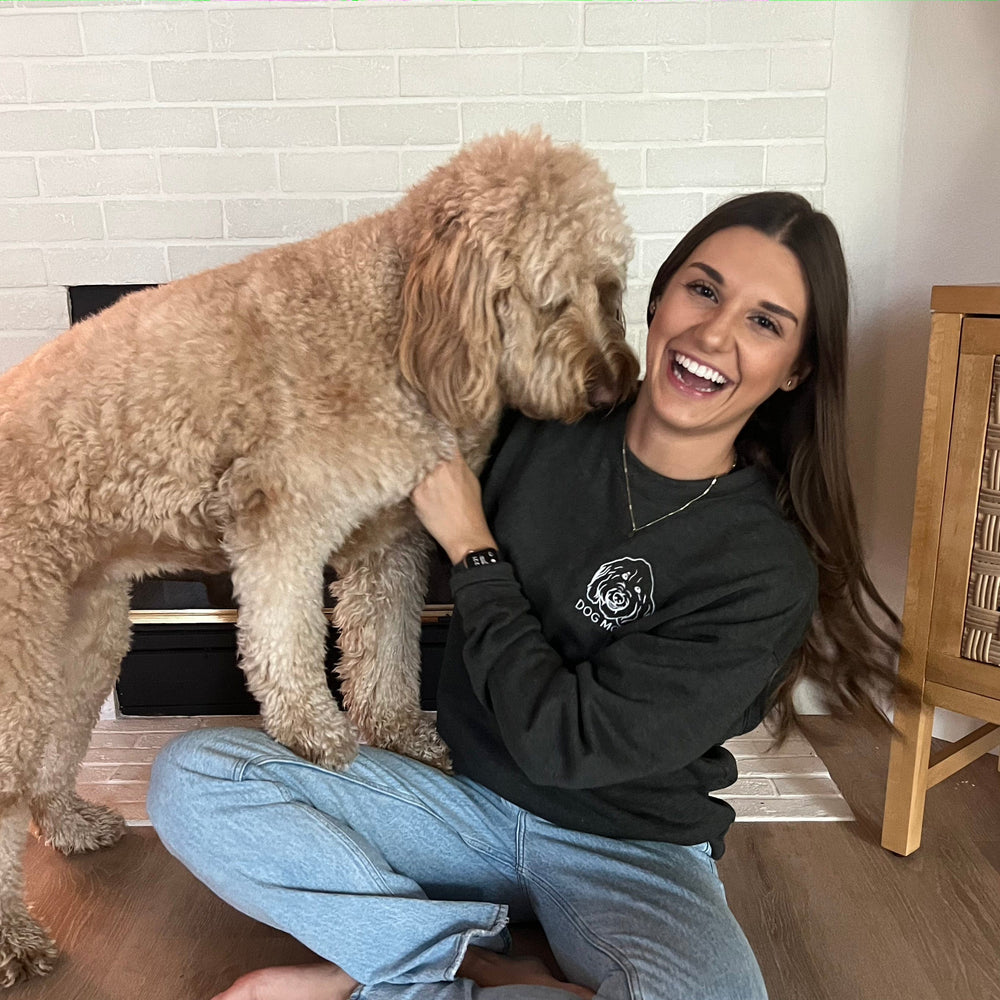
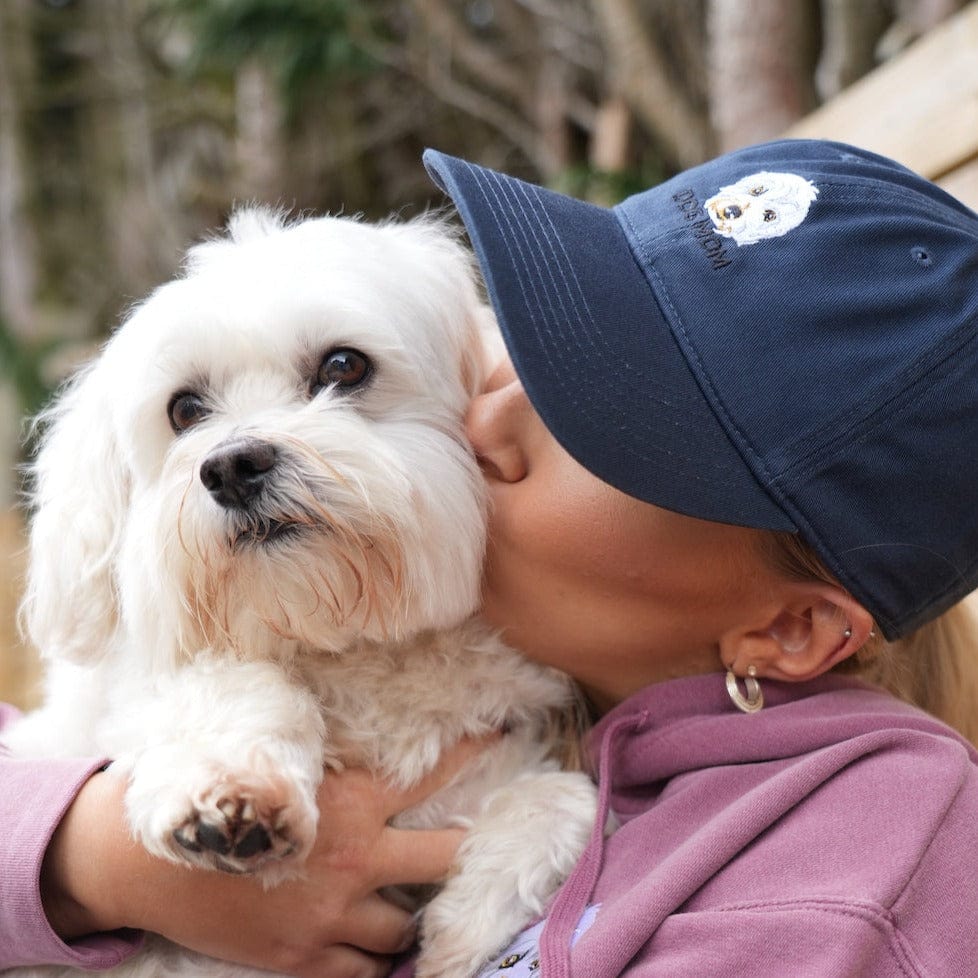

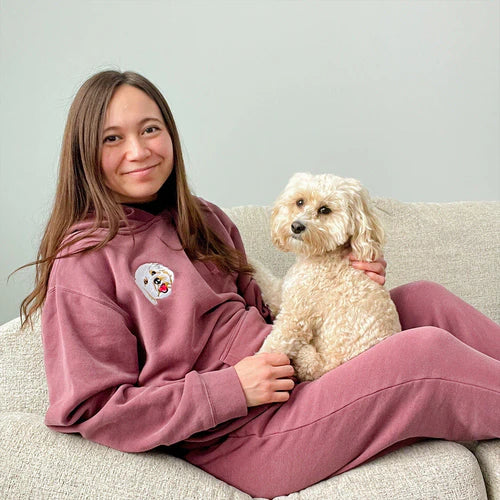


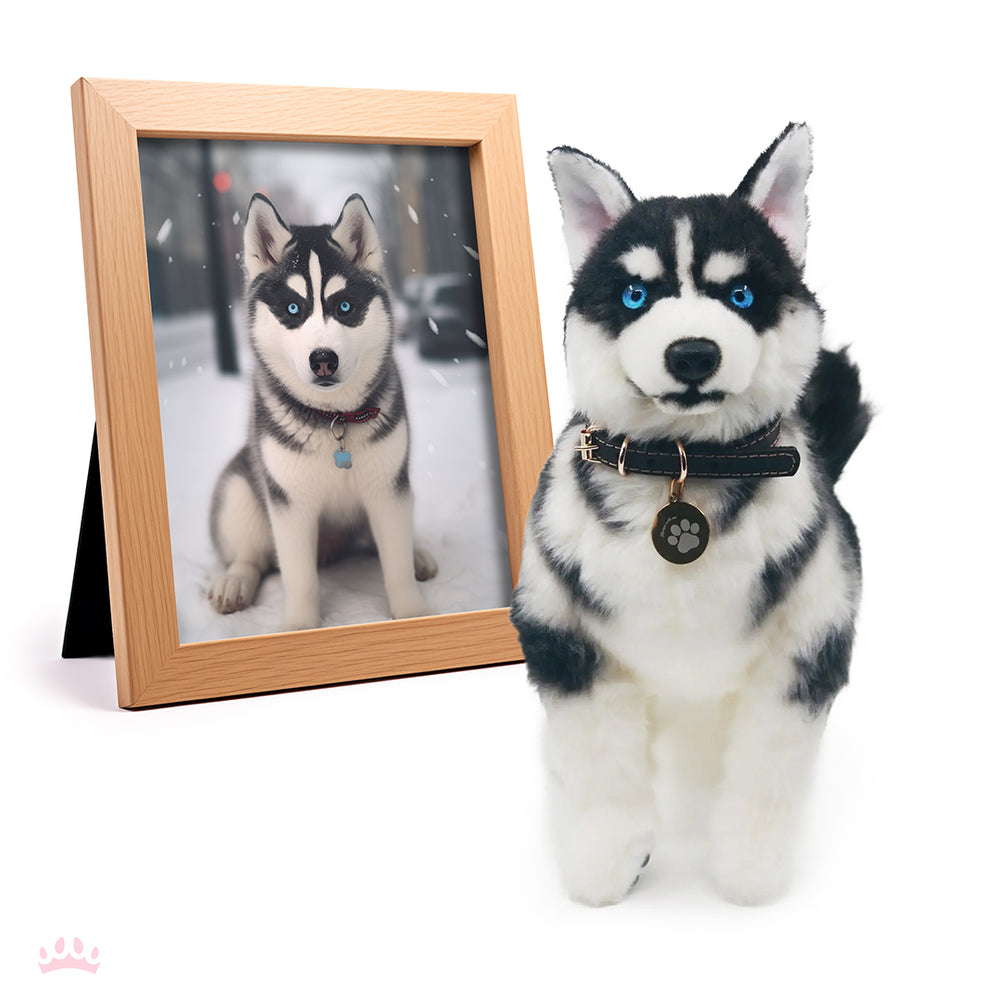
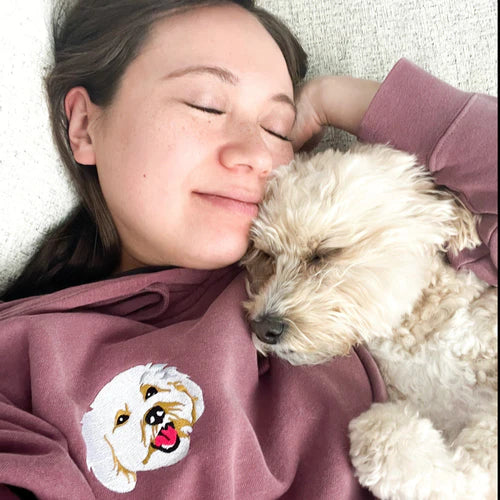





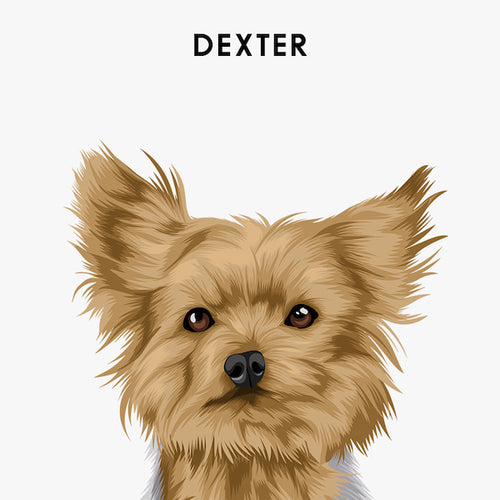

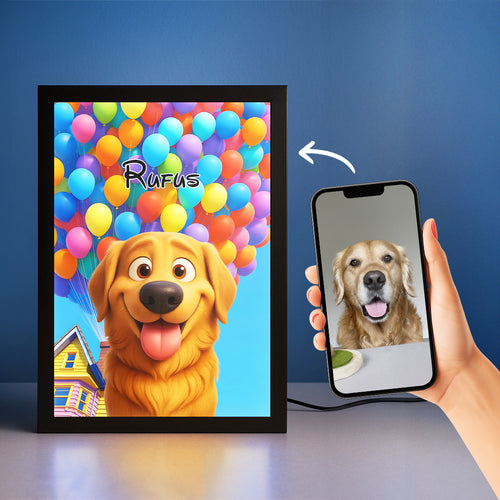
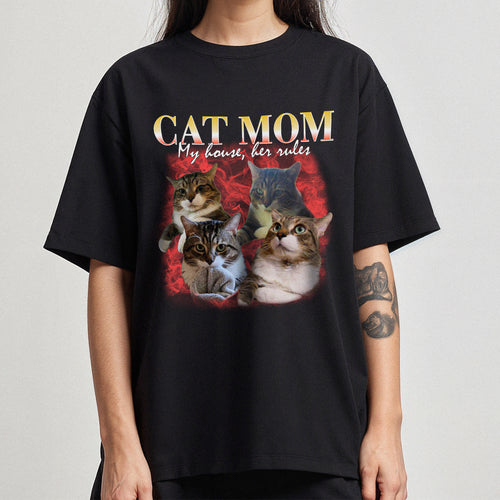



 Reviews
Reviews
 My Account
My Account
 Contact Us
Contact Us
 Help
Help


